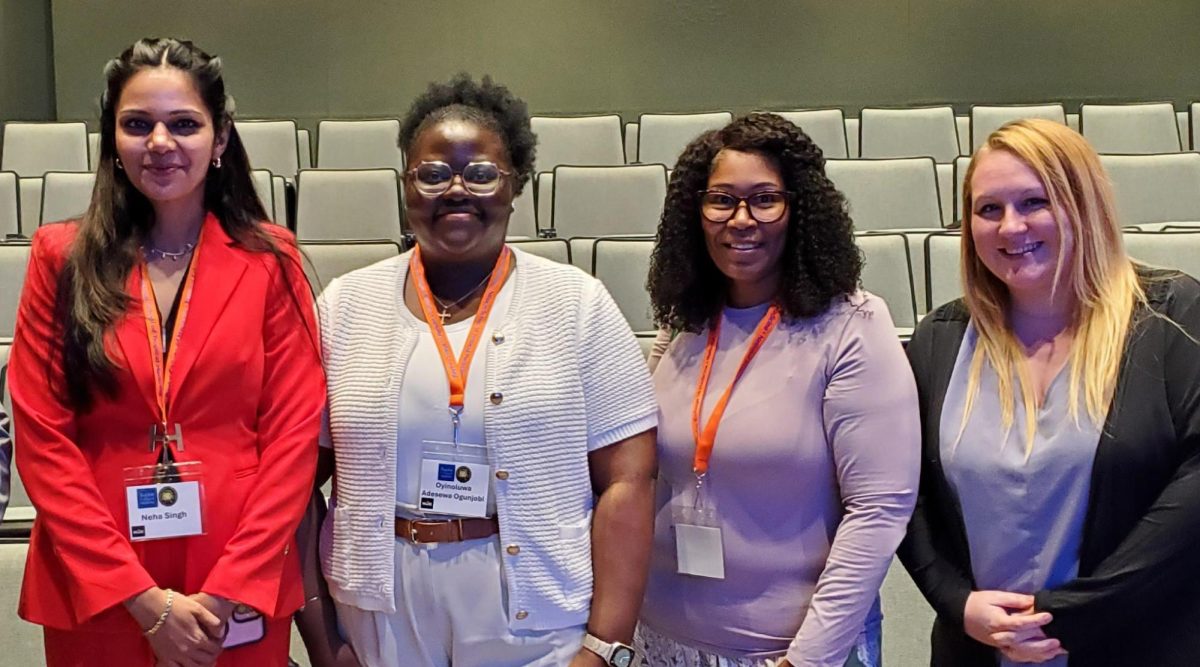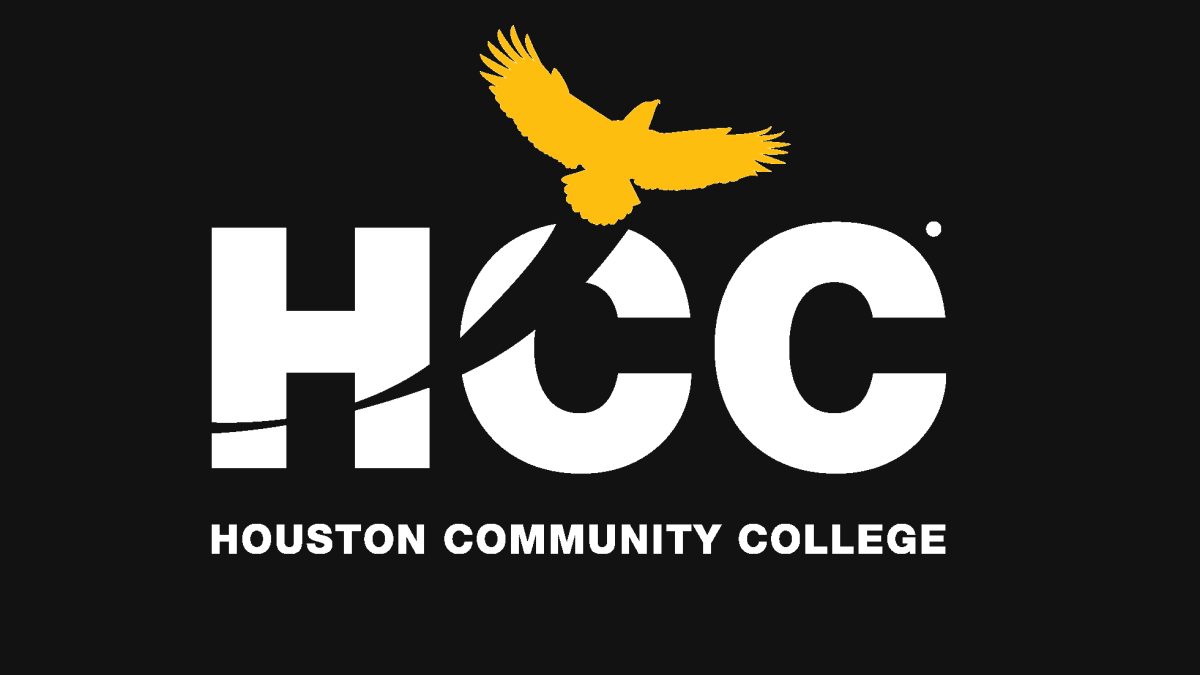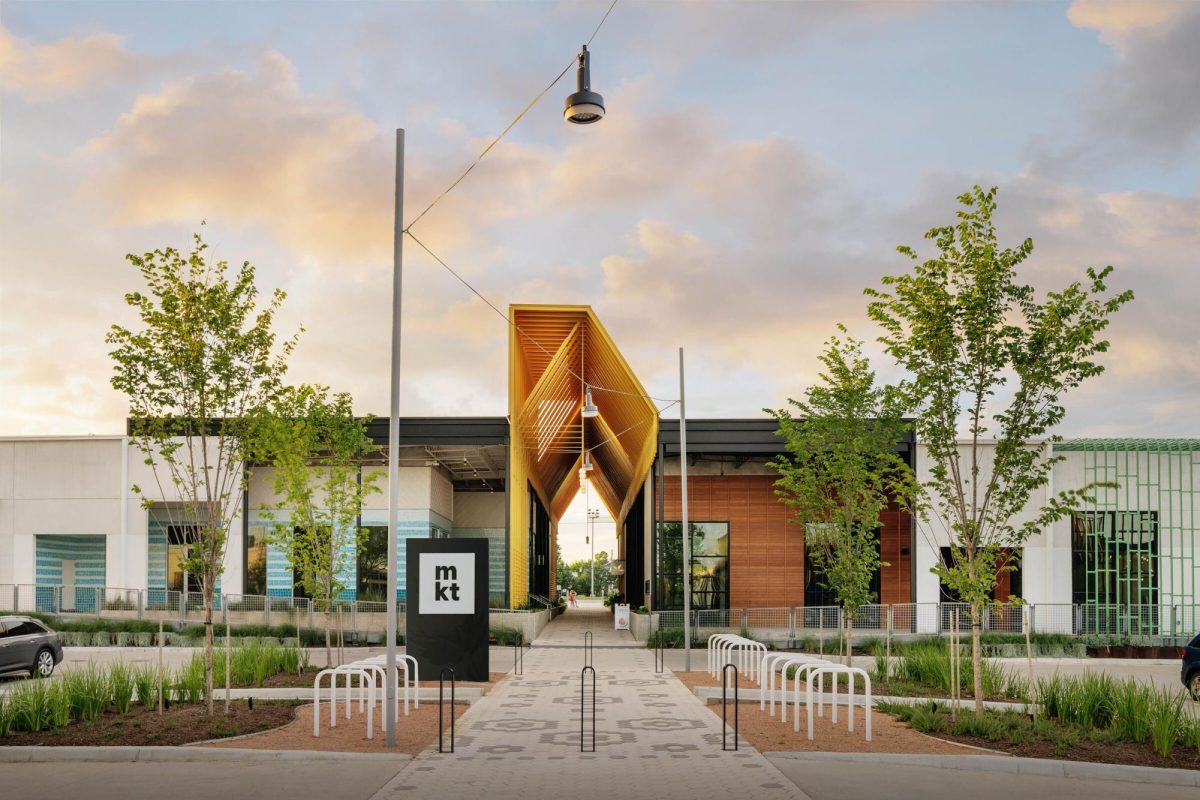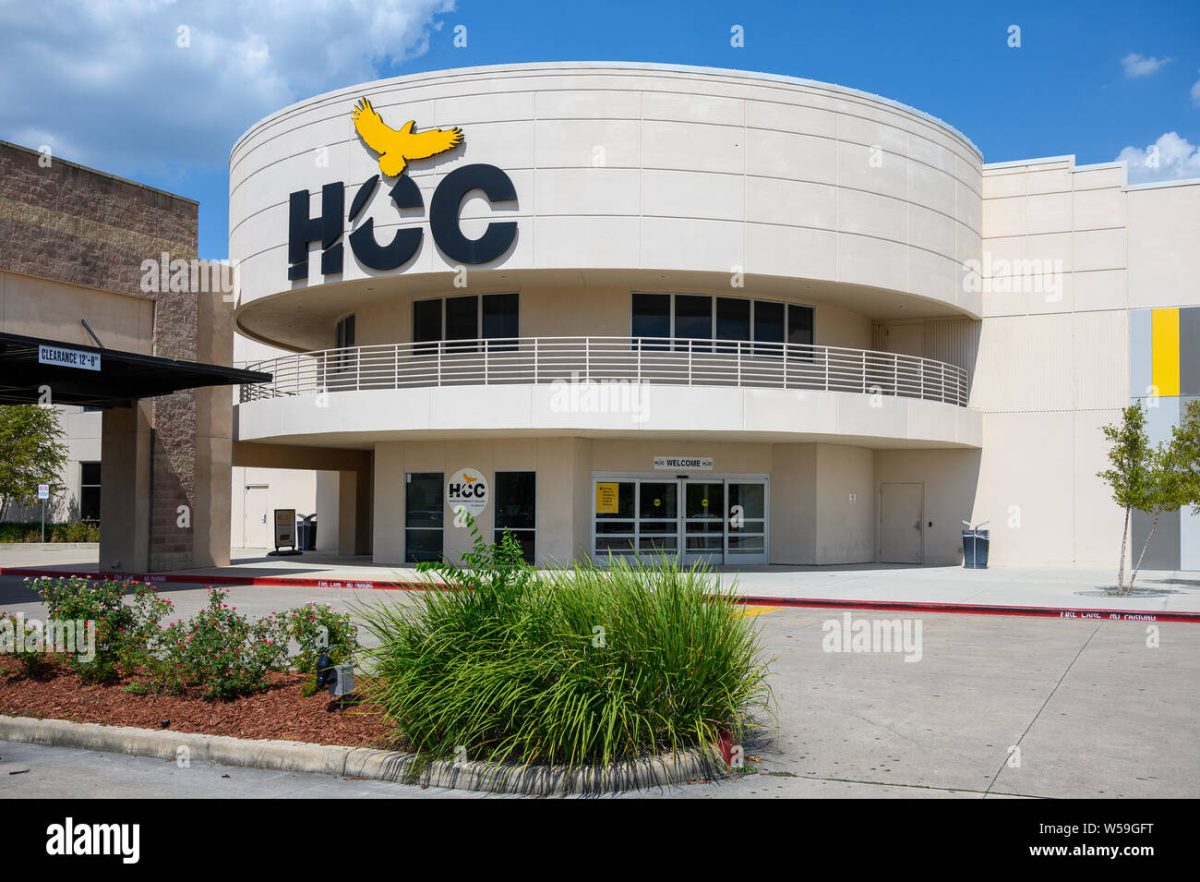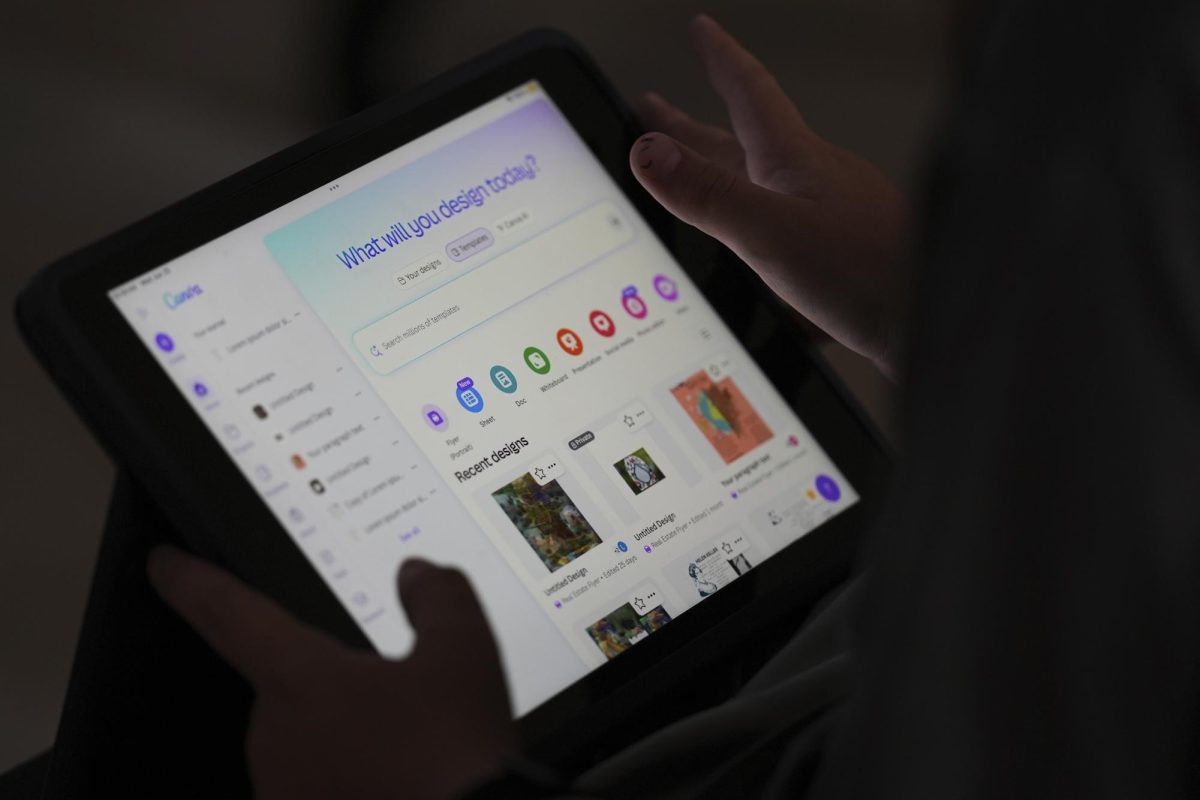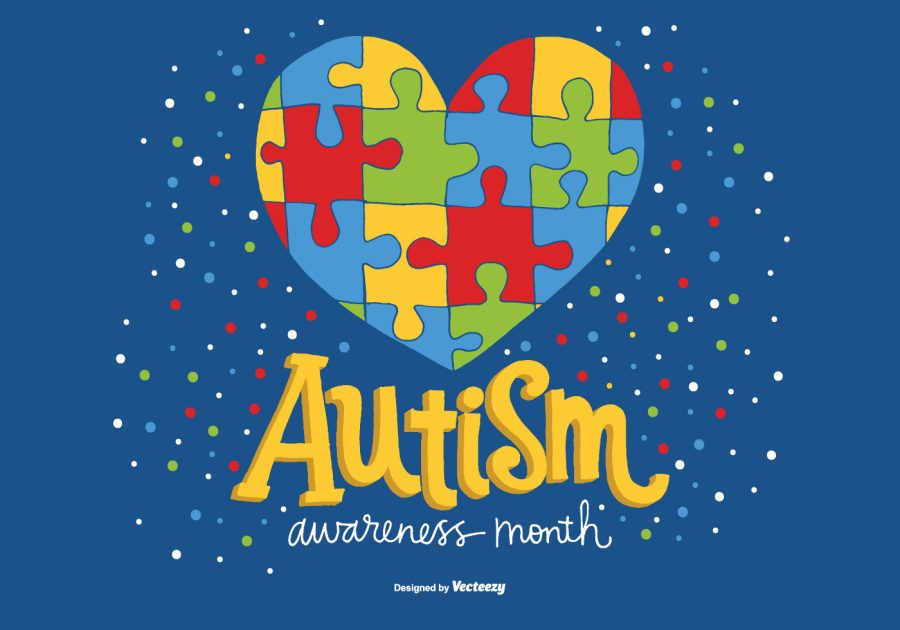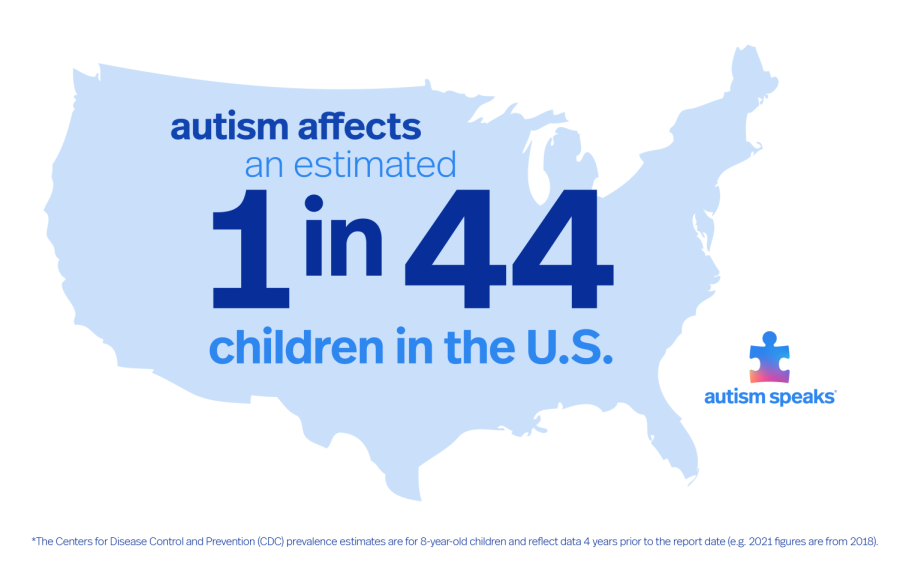April is for Autism!
How Celebrating Autism Acceptance Month Could Benefit Everyone
April 13, 2022
Living in a world where being a person with a disability isn’t always understood and deserves for positive light to be shed on to their experiences. Whether if that means it can help others better understand their struggles with particular stages of development, or to simply foster more acceptance in society. This month is Autism Acceptance Month and it gives everyone a chance to educate themselves on what autism is, what it means to those who were diagnosed with it, and how they can get involved to spread the kindness.

Beginning with its’ history, The Autism Society was created in 1965 and founded by Bernard Rimland. As one of the few grassroot organizations in the autistic community, this society was was founded because of the community’s call-to-action to increase awareness, acceptance and ignite change for individuals with autism. Since autism is the fastest-growing developmental disability in the world, when the support and enlightenment becomes a more prominent role in our society all people with autism can reach their full potential.
The Autism Society hosted one of its first nationwide efforts of an awareness campaign called National Autistic Children’s Week in 1972, which then evolved into the Autism Awareness Month now dedicated in April.
In 2021, Autism Awareness Month was to be renamed Autism Acceptance Month. Autism, also known as Autism Spectrum Disorder (ASD), refers to a broad range of conditions categorized by three different areas of challenges: social skills, repetitive behaviors, and speech or non-verbal communication are what make up an autism diagnosis. It is likely influenced by a combination of genetic and environmental factors. Every person with autism is different–which is why it is referred to as a spectrum disorder. This means that each individual with autism has their own distinct strengths and challenges which determines how much support they may or may not need.
One of the latest statistics from the CDC showed that there is one in 44 children and one in 45 adults in the United States that are living with Autistic Spectrum Disorder; this shows that while the work and progress of awareness is making it’s way, there is still a large necessity for advocacy and funding for research and resources. Learning more from trusted sources like organizations such as Autism Speaks, we are allowing future generations of parents, teachers and first responders to identify needs for early interventions. After we learn how to be an advocate for individuals in need, we learn what it means to be truly kind.






